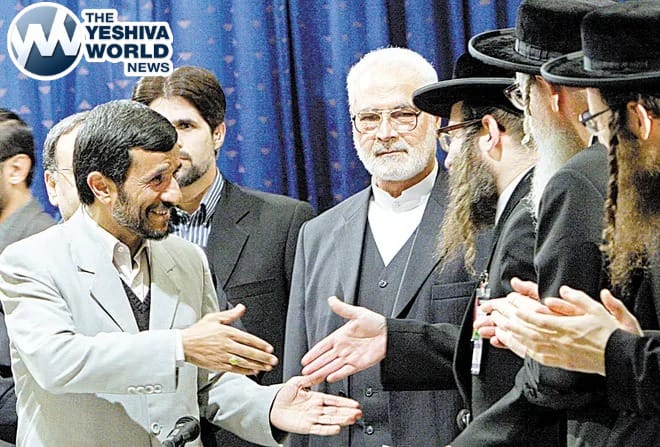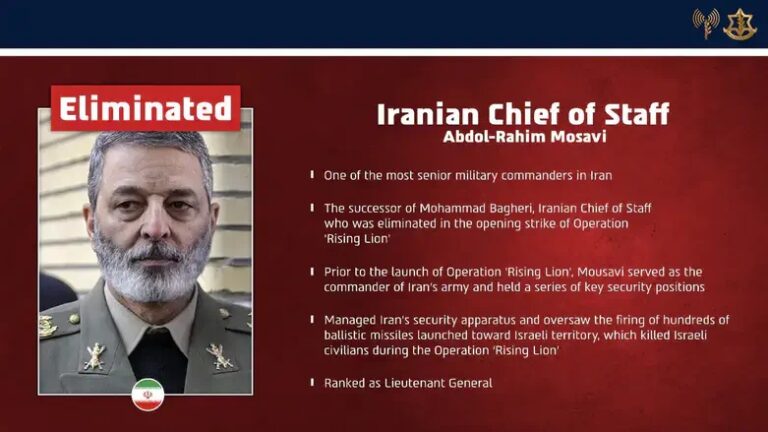Prosecutors in west Georgia focused on the race of black potential jurors as they purposely and systematically excluded them from the trials of black men facing the death penalty four decades ago, lawyers for one of the men said in a court filing this week.
An all-white jury in 1977 convicted Johnny Gates of raping and murdering a white woman and sentenced him to die. His lawyers have asked a judge for a new trial and argued in a court filing Monday that newly disclosed prosecution trial notes from a string of capital cases tried in Muscogee County in the late 1970s, combined with the consistent striking of black prospective jurors, demonstrate systematic race discrimination in jury selection.
“When you have this kind of race discrimination infecting a trial from the start, it really undermines the reliability of the proceedings all the way through,” said Patrick Mulvaney, a lawyer with the Southern Center for Human Rights who’s representing Gates.
Gates, 62, was later resentenced to life in prison without parole. In addition to the allegations of racial discrimination during jury selection, other reasons he should have a new trial include suppression and destruction of evidence and a DNA claim involving evidence taken from the crime scene, Mulvaney said. A judge has scheduled a May 7 hearing on the motion for a new trial.
The U.S. Supreme Court in May 2016 tossed out the death sentence given to Timothy Foster, another black Georgia man convicted and sentenced to die by an all-white jury in the killing of a white woman. Chief Justice John Roberts wrote in the Foster case that Georgia “prosecutors were motivated in substantial part by race” when they struck black potential jurors from the jury pool.
Prosecutors in Foster’s case, which was tried in north Georgia in 1987, said they had eliminated prospective jurors for race-neutral reasons, but their notes showed they had marked black prospective jurors with a “B” in their notes, highlighted their names on jury lists and circled their race on juror questionnaires.
Douglas Pullen, who was one of the prosecutors in Foster’s case, also was a prosecutor in Gates’ case as well as four other capital cases involving black defendants in west Georgia between 1975 and 1979.
After the Supreme Court ruling in Foster’s case, Gates’ attorneys argued that prosecutors had engaged in systematic discrimination during jury selection in his case and others and asked the state to provide its jury selection notes. The state refused, but the court last month ordered prosecutors to hand over the notes, and Gates’ attorneys received them on March 2.
Prosecutors wrote “W” next to the names of white prospective jurors and “N” next to the names of black prospective jurors and also put dots in the margins next to black prospective jurors’ names, according to Gates’ court filing Monday. Black prospective jurors were described in the notes as “slow,” ”old ignorant,” ”cocky,” ”con artist,” ”hostile” and “fat.”
Prosecutors marked all four black prospective jurors in Gates’ cases as “1” on a scale of one to five with no explanation, but the only white prospective juror marked “1” was opposed to the death penalty, the court filing says.
In one case, prosecutors kept a tally of the race of the jurors who were ultimately selected, with twelve marks in the white column and none in the black column.
Pullen was involved in five capital trials for black men between 1975 and 1979, and the prosecution struck all 27 black prospective jurors in those cases, Gates’ filing says.
His co-counsel, William Smith was involved in two of those trials, as well as two other capital trials involving black defendants during that period. In one of the others, prosecutors struck all of the black prospective jurors. In the fourth trial, prosecutors struck 10 black prospective jurors, but there were more black prospective jurors in the final jury pool than strikes available to prosecutors, the filing says.
Reached by phone Tuesday, Pullen said he hadn’t seen Gates’ court filing but denied any racial motivation behind the jury strikes, saying several times, “It didn’t happen.” In complex cases where jury selection can stretch several days, “there’s identifying data on everybody, but it’s just so you can remember and recollect,” he said.
Smith, who’s now a senior judge, said he’d been instructed by the Judicial Qualifications Commission not to make any public comment on any case that’s under appeal.
(AP)











